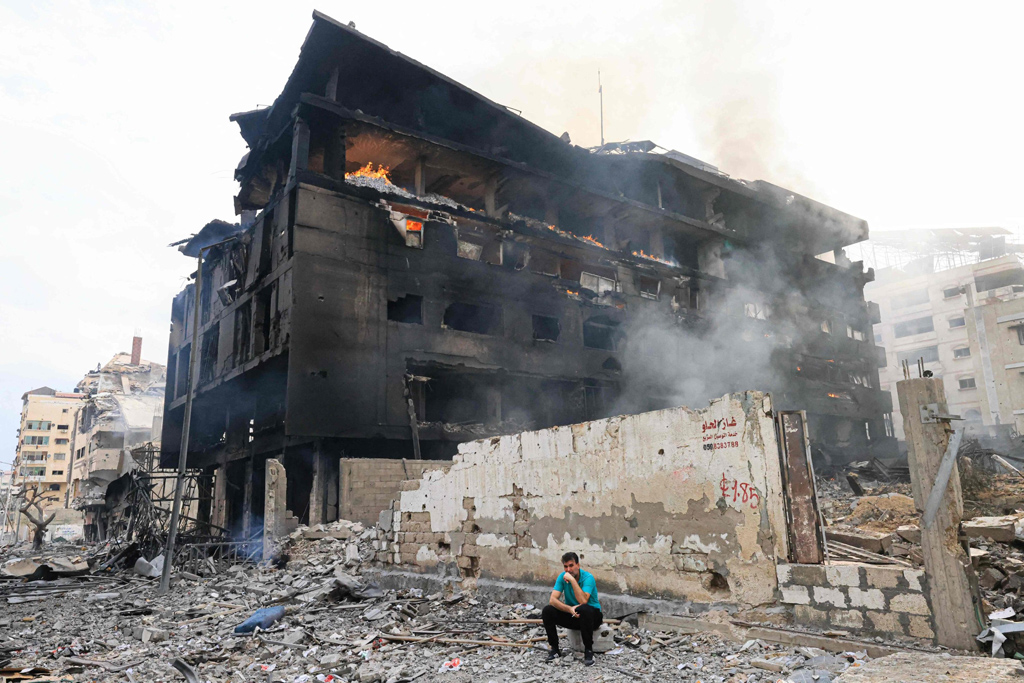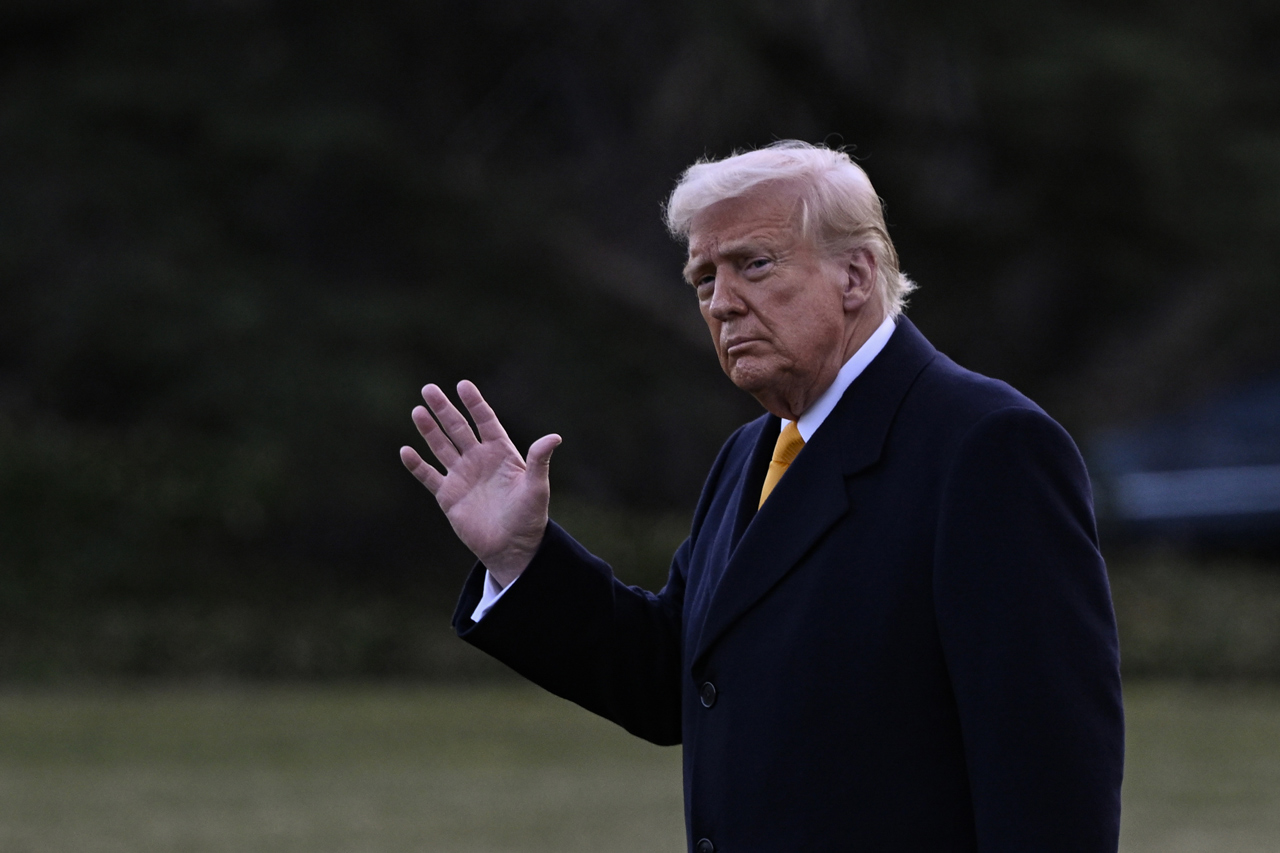
Is a new Middle East emerging?
The Qassam Brigades launched a comprehensive attack on Saturday, causing the Israel-Palestine conflict to recapture the world’s attention anew after long years. Initially shocked by the assault, Israel has been bombarding the Gaza Strip. Israeli Prime Minister Benjamin Netanyahu stated that “our response to the Gaza attacks will change the Middle East” as his government’s defense minister, Yoav Gallant, described the scope of the Israeli counterattack as follows: “Everything will be cut off – no electricity, no water, no food, no fuel. We are fighting human-like animals, and we will act accordingly.”
Share
The Qassam Brigades launched a comprehensive attack on Saturday, causing the Israel-Palestine conflict to recapture the world’s attention anew after long years. Initially shocked by the assault, Israel has been bombarding the Gaza Strip. Israeli Prime Minister Benjamin Netanyahu stated that “our response to the Gaza attacks will change the Middle East” as his government’s defense minister, Yoav Gallant, described the scope of the Israeli counterattack as follows: “Everything will be cut off – no electricity, no water, no food, no fuel. We are fighting human-like animals, and we will act accordingly.”
Those statements suggest that all options, including a ground offensive, remain on the table and that “the war” won’t be limited to Gaza. Saturday’s attack may have been a surprise for Israel’s security apparatus, but anyone keeping an eye on that country’s increasingly rigid policy on Palestine, Jerusalem and Al-Aqsa in recent years had already predicted a major crisis.
Analysts highlighted the military capabilities of Hamas, the shortcomings of the Israeli intelligence establishment, political tensions among security institutions, opposition protests and the Iron Dome’s ineffectiveness. That the latest escalation coincided with normalization talks between Israel and Saudi Arabia, too, was duly noted. Again, observers underscored the importance of Hamas receiving assistance from Iran – where Israel has been carrying out assassinations. It goes without saying that Hamas’ unpredictable assault serves Iran’s strategic interests. One cannot help but wonder whether Tehran, which responded to Israeli attacks in Iran and Syria with silence, made its move from Gaza.
The answer to that question remains unclear. Even if one were to answer that question affirmatively, that would not suffice to disregard the agency of the Palestinians nor the unbearable nature of Israeli occupation. It has thus been established that the conflict won’t end until a Palestinian state, with East Jerusalem as its capital, is established. The post-Arab revolts era is now over. Palestine, Jerusalem and Al-Aqsa will receive more attention going forward.
It is too early to tell where the conflict is headed. If Israel intends to target Iran and its proxies as Netanyahu initially suggested, however, that violence might spread across the region and create a new wave of turbulence. It was no secret that Israel would deliver a harsh response to Saturday’s assault. What we do not know is how Iran would respond to an attack against itself or its proxies – including Hezbollah. The nature of the Israeli counterattack and how others will respond shall determine whether a new Middle East will emerge.
Initial statements highlighted the possibility of an extremely violent and widespread conflict. To stop a new conflict-ridden period in the Middle East, President Recep Tayyip Erdoğan has urged all parties to stay calm and instructed Turkish diplomats to step in.
[Daily Sabah, October 11, 2023]
Tags »
Related Articles






